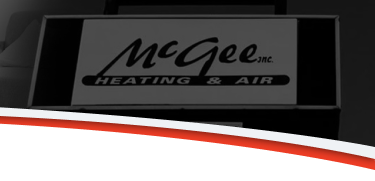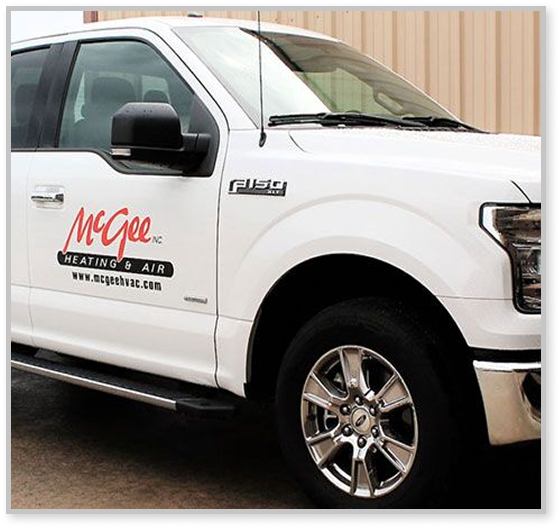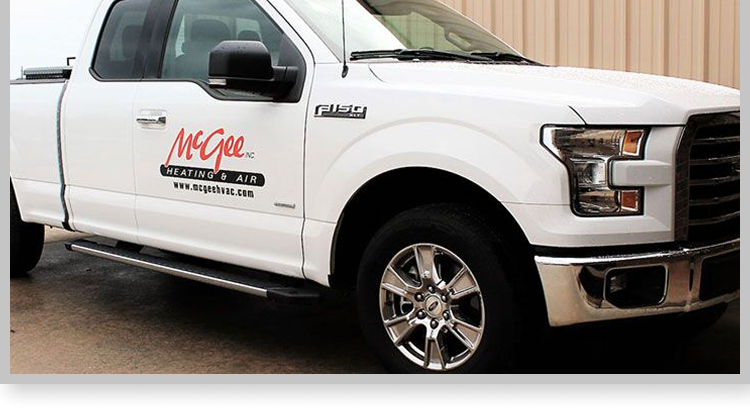The chief attraction of geothermal HVAC systems is their almost unbelievable power to bestow remarkably high energy savings upon you. However, the upfront installation costs for these systems have done quite a bit to temper this excitement. Read on to discover if a geothermal HVAC system is worth the upfront investment for your home in Elberton, GA.
How Geothermal HVAC Systems Save You Money
First, let’s get a better handle on the sheer scale of long-term energy savings that geothermal HVAC systems can create. These savings are a direct consequence of the system design itself and of how it takes advantage of the constant temperatures that prevail year-round at relatively short distances underground.
Shallow underground temperatures can range from 45 to 75 degrees, no matter the time of year, which is both significantly warmer and significantly cooler than typical above-ground temperatures during winter and summer. Geothermal HVAC systems work using networks of pipes buried approximately 10 feet underground. The shape and layout of this pipe system can vary depending on the type of geothermal system you’re using. But all such pipe networks have a solution of water and coolant running through them.
In cooling mode, the ground-source heat pump takes in warm air from inside your home. The pump’s coil is full of refrigerant, and that refrigerant will then absorb the heat from the air, turn it into a gas and pass it into a condenser. After the refrigerant condenses, it’ll release heat, which will make contact with the water-and-coolant solution in the pipes underground. Then, the water will dissipate that heat underground.
In heating mode, the opposite happens, as relatively warm air that has touched the water in the pipes moves into the heat pump and boils the refrigerant in the indoor unit. That refrigerant then condenses, releases its heat into an incoming gust of cooler air and heats it. That air then spreads through your home via ventilation ducts.
The key to this process is the relatively constant temperatures that exist underground. Since these are both warmer than outdoor air during the winter and cooler than outdoor air during the summer, the geothermal heat pump does less overall work, regardless of whether it is in heating mode or cooling mode. In practical terms, this translates into potential savings on your energy bills. Geothermal heat pumps can reduce energy consumption by up to 72% according to many estimates.
Tax Breaks
Geothermal HVAC systems can save you money in one other important way. Because of their impressively high energy efficiency, governments want to encourage people to use geothermal HVAC systems. As such, they typically offer significant tax breaks as an incentive. If you install such a system in your home in Georgia, you could receive a federal tax credit equal to 30% of the installation cost.
This 30% tax credit will be valid until 2032. Then, it’ll drop to 26% for the year 2033 and settle at 22% for 2034 and every subsequent year.
Longevity
Geothermal HVAC systems can also save you money if you have the long run in view. The system’s indoor components last, on average, for about 25 years. The underground pipe network can be serviceable for 50 years or more, which is much longer than the 15-to-20-year shelf life that traditional HVAC systems possess. Thus, you’ll save money over the years on service costs.
Installing a geothermal HVAC system may cost you a lot upfront. But given the significant savings and other advantages that these systems provide, they can pay for themselves after a few years. If you decide such a system is right for your home in the Elberton, GA, area, call McGee Heating & Air, Inc. to ask for our geothermal HVAC services.
Image provided by iStock









